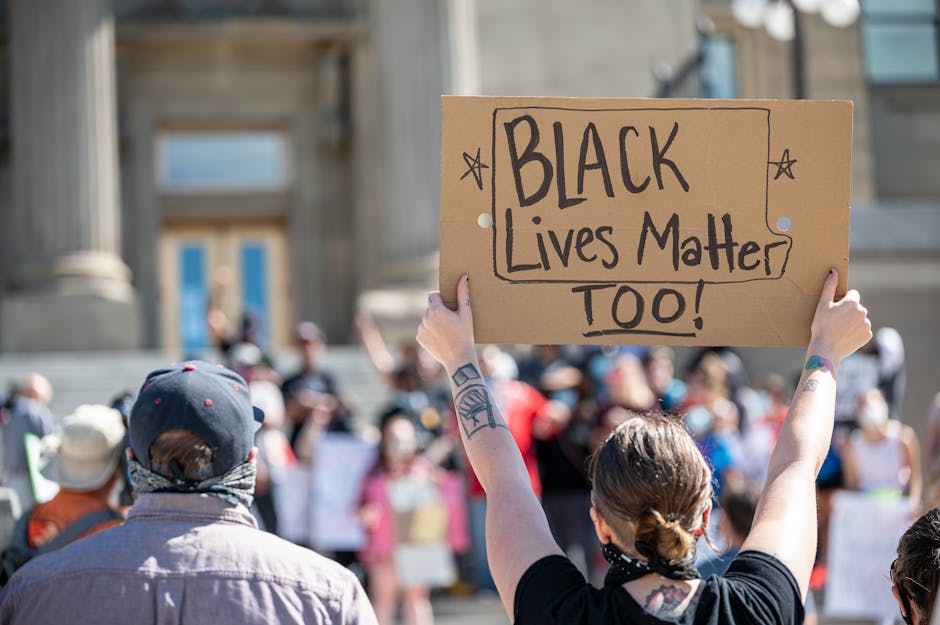
Conflict Resolution in Collaborative Problem Solving
Collaborative problem solving is an essential skill in today's fast-paced and complex work environment. However, conflicts are bound to arise when individuals with different perspectives and backgrounds come together to solve problems. In order to ensure a harmonious and productive working environment, it is important to learn effective conflict resolution strategies.
Conflict resolution involves the peaceful and constructive management of disagreements. It is essential for fostering creativity, innovation, and cooperation within a team. Below are some key strategies to effectively resolve conflicts in collaborative problem solving:
1. Effective Communication
Open and honest communication is the foundation for resolving conflicts. Encourage team members to express their thoughts and concerns freely. Actively listen and try to understand different viewpoints. Use non-violent communication techniques to maintain a respectful and supportive atmosphere.
2. Active Listening
Active listening involves fully focusing on and understanding the speaker's message. Avoid interrupting or jumping to conclusions. Reflect on what the speaker is saying to ensure clarity. Summarize and paraphrase to show that you have understood their perspective.
3. Collaboration and Compromise
Encourage collaboration and compromise to find win-win solutions. Foster a culture of cooperation and teamwork. Encourage brainstorming and finding common ground. It's important to understand that effective problem-solving involves give and take.
4. Emotional Intelligence
Emotional intelligence plays a crucial role in conflict resolution. Be aware of your own emotions and manage them effectively. Empathize with others and try to understand their emotions. Encourage emotional expression in a productive manner.
5. Mediation and Facilitation
In more complex conflicts, consider involving a neutral third-party mediator or facilitator. They can help guide the conversation and ensure a fair and balanced process. Mediators can help uncover underlying issues and suggest potential solutions.
By adopting these conflict resolution strategies, teams can enhance their collaborative problem-solving skills, leading to more effective and efficient outcomes. Conflict, when managed appropriately, can lead to growth, learning, and improved relationships.
